detail profile diego v c3 a9lez
Peran Yang Di Mainkan Diego Vélez
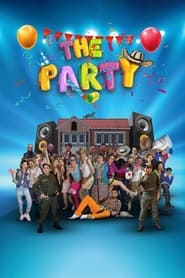 In a family party that is...
In a family party that is...The Party 2019
In a family party that is respected, good music, fun, love, drinks and why not, even a dead person should never be lacking. The Matayana family will experience a rumba on the birthday of the head of the household, Doña Matilde, until they realize that an inheritance is at stake.
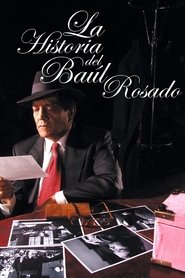 In 1945 in the train station of...
In 1945 in the train station of...The History of the Pink Trunk 2005
In 1945, in the train station of Bogota, Colombia, a dead girl is found in a trunk. The case is assigned to Detective Mariano Corzo, he has to deal with an inquisitive journalist Hipólito Mosquera while trying to solve the mysterious case. Nobody knows who the girl is, or who put her in the trunk. The things turn bad when Mosquera publish the news in the local newspaper. With the help of a bartender Martina Quijano, Corzo will find an answer for the question: Who killed the girl and why?
 Based on a true story of...
Based on a true story of...The Deal 2005
Based on a true story of a British television crew that travelled to Colombia to film a fake documentary about drug trafficking. In one scene, shot in the director’s hotel room, an actor played the part of a character whom the filmmakers passed off as Cali Cartel’s Number Three. They claimed they had risked their lives to get the interview. One sequence also shows a man pretending to swallow capsules of heroine and transporting them to London in his stomach. This phoney TV documentary is an international smash hit. When a London daily discovers that the whole thing is a hoax, a team of British journalists are sent out to Colombia to cover the story. Their report unleashes a scandal that shakes the very foundations of television in the UK.
 Mariano Concha a public employee for...
Mariano Concha a public employee for...The Maximum Penalty 2001
Mariano Concha, a public employee for whom soccer is a great passion. After seeing how the Colombian National Team achieves a draw against Argentina, he starts a whole process to attend the next crucial match, in Bogota and against the same team, going over all his duties and risking the future of his reduced economy. An unexpected event transforms his plans to go to the stadium.
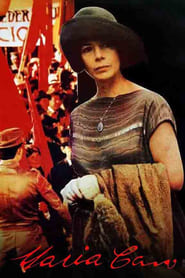 Colombia receives the indemnity for Panama...
Colombia receives the indemnity for Panama...María Cano 1990
Colombia receives the indemnity for Panama and accepts foreign credit to undertake development works, which increases the number of workers, although with poor wages and terrible working conditions. María Cano, a political activist, began her fight for the conditions of salaried workers and for the fundamental rights of the population.
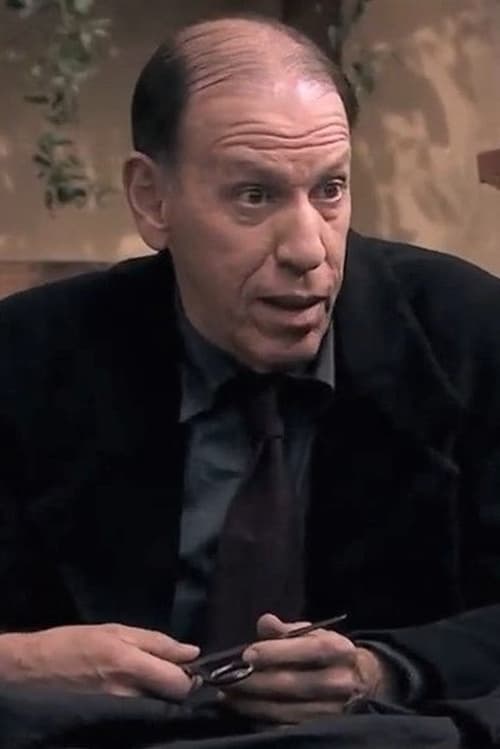
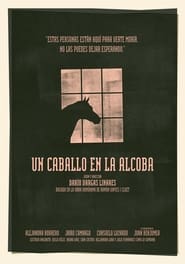
 A group of employees from the...
A group of employees from the... In Colombia among grandmothers parents and...
In Colombia among grandmothers parents and... Cali Colombia 1970s The fictional story...
Cali Colombia 1970s The fictional story...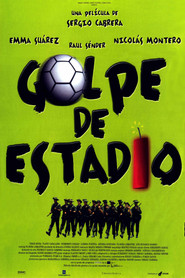 The whimsical and joyous parade of...
The whimsical and joyous parade of...